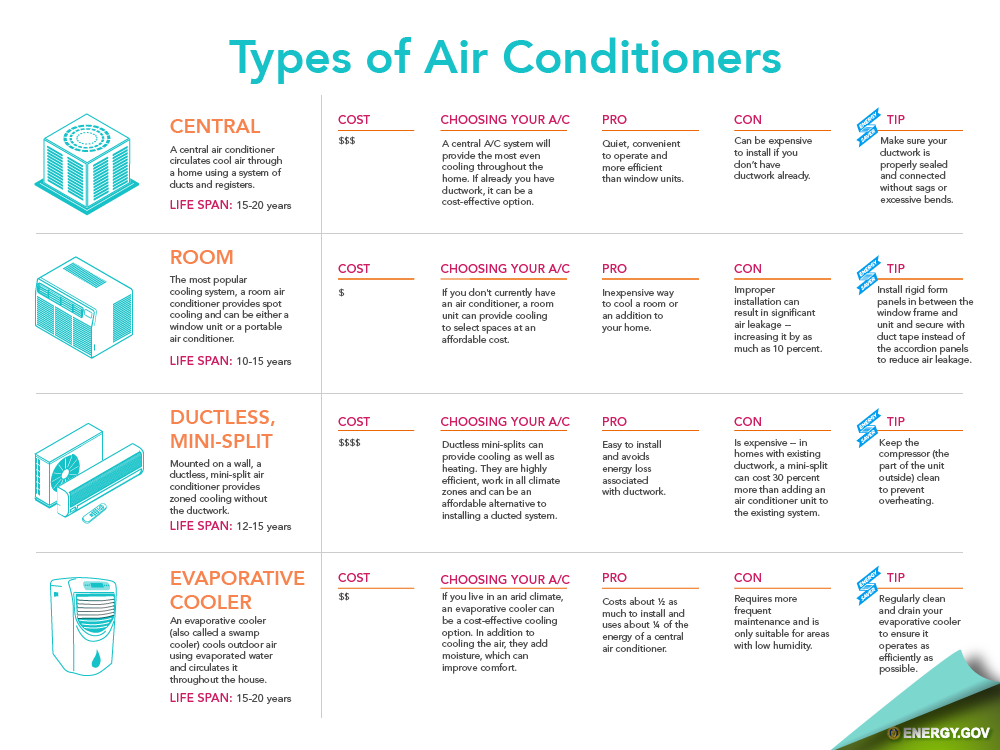The Future Of Home Home Heating - How Heatpump Modern Technology Is Advancing
The Future Of Home Home Heating - How Heatpump Modern Technology Is Advancing
Blog Article
Post Developed By-Baker MacGregor
Heatpump will certainly be a critical technology for decarbonising home heating. In a situation consistent with governments' introduced energy and climate commitments, their international capability increases by 2030, while their share in heating rises to one-quarter.
They work best in well-insulated homes and count on electrical power, which can be supplied from an eco-friendly power grid. Technological developments are making them extra reliable, smarter and less expensive.
Fuel Cells
Heatpump utilize a compressor, cooling agent, coils and followers to relocate the air and warm in homes and devices. They can be powered by solar energy or electrical power from the grid. They have been acquiring appeal due to their inexpensive, silent procedure and the capacity to generate electrical power during peak power demand.
Some firms, like IdaTech and BG MicroGen, are working on gas cells for home heating. These microgenerators can replace a gas boiler and generate some of a house's electrical needs with a connection to the electrical energy grid for the remainder.
Yet there are reasons to be skeptical of using hydrogen for home heating, Rosenow states. It would certainly be pricey and ineffective compared to other innovations, and it would contribute to carbon emissions.
Smart and Connected Technologies
Smart home modern technology permits house owners to link and manage their devices remotely with making use of mobile phone applications. As an example, clever thermostats can learn your heating choices and automatically adapt to optimize power intake. Smart illumination systems can be controlled with voice commands and instantly switch off lights when you leave the room, decreasing energy waste. And clever plugs can keep track of and handle your electric usage, enabling you to identify and restrict energy-hungry devices.
The tech-savvy house shown in Carina's interview is an excellent picture of how owners reconfigure area heating methods in the light of new clever home innovations. They count on the devices' automated features to execute everyday changes and regard them as a hassle-free means of conducting their heating techniques. Because of this, they see no reason to adapt their techniques additionally in order to enable adaptability in their home power demand, and interventions focusing on doing so might encounter resistance from these households.
Electricity
Because heating up homes represent 13% of US emissions, a button to cleaner options can make a big distinction. But the technology deals with obstacles: It's expensive and needs considerable home renovations. And heat pump store 's not constantly compatible with renewable resource resources, such as solar and wind.
Up until just recently, electric heat pumps were too costly to compete with gas models in many markets. Yet brand-new technologies in style and materials are making them much more economical. And better cold environment performance is enabling them to operate well also in subzero temperatures.
The following step in decarbonising home heating may be the use of heat networks, which draw warmth from a main resource, such as a close-by river or sea inlet, and disperse it to a network of homes or buildings. That would minimize carbon emissions and permit houses to capitalize on renewable energy, such as eco-friendly electrical energy from a grid provided by renewables. This choice would certainly be less costly than switching to hydrogen, a fossil fuel that calls for brand-new framework and would only minimize CO2 discharges by 5 percent if paired with boosted home insulation.
Renewable resource
As electricity rates drop, we're beginning to see the same fad in home heating that has actually driven electrical autos into the mainstream-- however at an also faster rate. https://devinpbmac.wizzardsblog.com/29327879/exploring-the-environmental-advantages-of-warmth-pumps-a-sustainable-heating-remedy for electrifying homes has actually been pressed better by new study.
Renewables represent a significant share of modern-day warm intake, yet have been given minimal plan interest worldwide contrasted to other end-use industries-- and even much less focus than power has. Partly, this mirrors a mix of consumer inertia, divided incentives and, in numerous nations, subsidies for fossil fuels.
related resource site might make the change much easier. For example, heatpump can be made extra energy efficient by replacing old R-22 cooling agents with brand-new ones that do not have the high GWPs of their precursors. Some professionals likewise imagine district systems that attract warmth from a neighboring river or sea inlet, like a Norwegian arm. The warm water can after that be utilized for heating & cooling in an area.